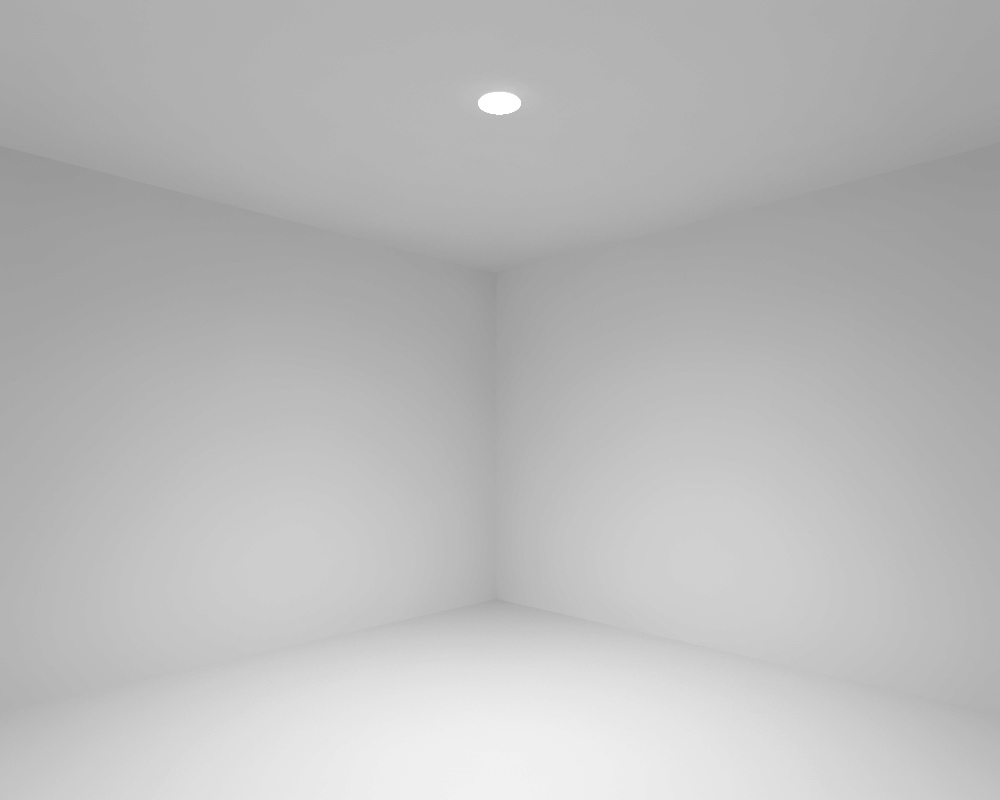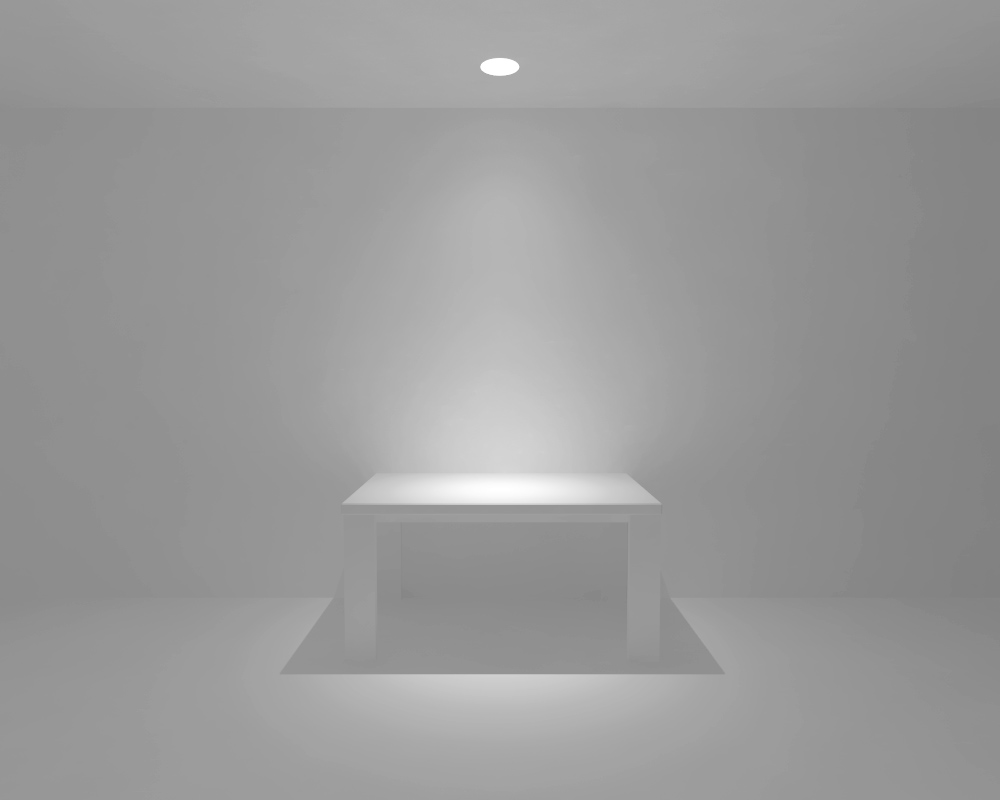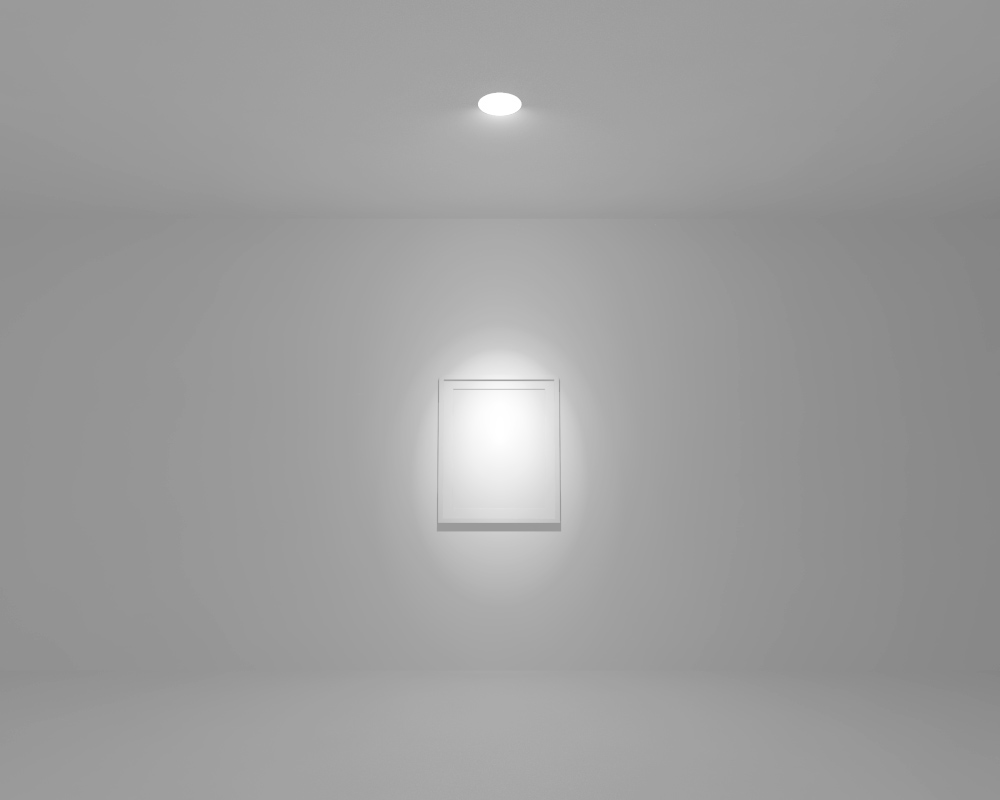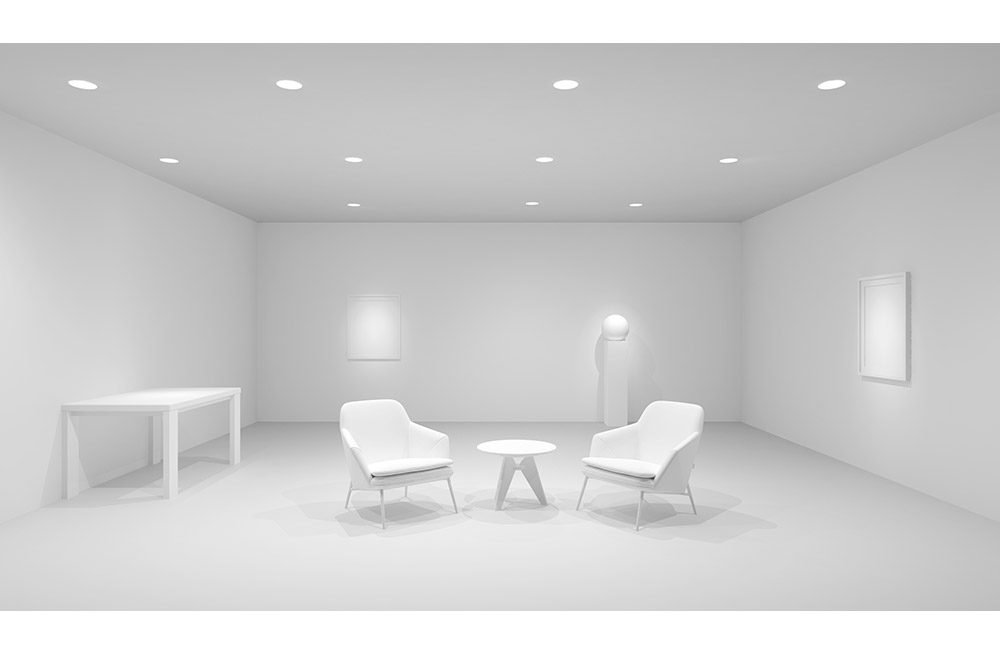
Properly lighting a room requires more than just picking a few bulbs to screw in. Today, lighting design lives in three distinct layers: Ambient, Task, and Accent Lighting.
LED technology has vastly expanded the forms and options available to today’s lighting designer or homeowner. Following a few simple guidelines can help ensure beautiful and effective lighting for your space. The guidelines set forth in this article draw heavily on a base knowledge of color temperature, lumens, and center beam candlepower.
The Ambient Layer

Also called General Lighting, the ambient layer provides the illumination required for occupants to see the space in its entirety. Most often, this layer is constructed through downlighting, with the initial layout set when the architectural plans are finalized.
When selecting downlights for the ambient layer, first consider delivered lumens. Larger areas or rooms with higher ceilings require more lumens to sufficiently light the space. Once the total lumens matches the size and shape of the room, space the lights for even coverage of all horizontal surfaces. Finally, the color temperature of the lights should align with the décor and purpose of the room. Bathrooms, office areas, and kitchens commonly utilize cooler color temperatures, whereas bedrooms, dens, or eating areas tend to be more warmly lit.
In the case of the ambient layer, the most logical choice is the DRD2 General Downlight, with a 78 degree beam angle and evenly distributed light. Available in four color temperatures, the DRD2 functions perfectly in the OneFrame System.
The Task Layer

Once the ambient layer sufficiently illuminates the space, use the task layer to enhance function of specific areas. In an office, this might be the desk workspace. In a kitchen, task lighting illuminates cooking surfaces or countertops.
As with the ambient layer, factors like color temperature and beam angle are also important when building the task layer. For areas where safety is important, like a cooking surface in a kitchen, a tighter beam angle and high center beam candlepower would be appropriate.
The DRD2X Apex Series Downlight is a popular choice for task lighting, as its tighter beamer angle and higher center beam candlepower make for a great spotlight over surfaces like work tables. Like the DRD2, the DRD2X integrates with the OneFrame System and all OneFrame compatible trims.
With both the ambient and task layer in place, any room should be fully functional for its intended purpose. The final layer will take the functional bases of the ambient and task layers and add artistry and style.
The Accent Layer

The accent layer adds a decorative finish by complimenting the other two layers and highlighting architectural features like columns, floral arrangements, and wall art.
This layer is the most subjective of the three but offers the most opportunity for artistic influence. A great lighting designer can use the accent layer to blend the other two and tie the space together.
The natural fit in this layer is the DRD4 Adjustable Downlight, which pivots smoothly and locks in place to perfectly illuminate the features of the room.
Unlike the ambient and task layers, the accent layer would include more artistic aspects, such as decorative trims. Specialized wall wash trims also serve to convert a traditional downlight into an accent light.
Tying it All Together

DMF Lighting offers modular downlighting to allow streamlined specification of all three layers of light via its patented OneFrame System. The award-winning OneFrame allows downstream design flexibility for lumen output, beam angle, and color temperature.
With all three layers, the room should be safe to navigate and operate in while comfortable and beautifully accented. The specification of the OneFrame System helps ensure simplicity and reliability throughout the duration of the design process, even as requirements change.
_ _ _ _ _ _
Connect on LinkedIn, Instagram, Facebook, or Twitter to stay up to date with everything that’s happening at DMF Lighting.
